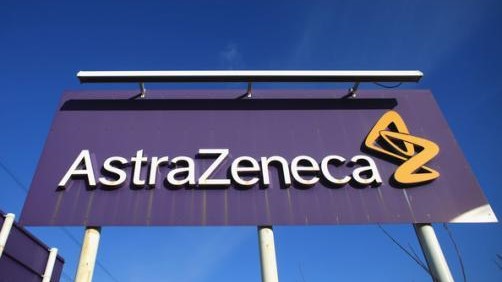AZ boosted by COPD triple inhaler results

AstraZeneca may mount a challenge to GlaxoSmithKline’s three-in-one inhaler for chronic obstructive pulmonary disease (COPD) after a late-stage trial success.
AZ’s single inhaler, PT010, showed statistically significant improvement in eight of nine lung function goals in patients with moderate to severe COPD.
In an announcement outlining top-line results the UK pharma added that there were no unexpected safety or tolerability signals for PT010 identified in the trial.
AZ plans filings in Japan and China in the second half of this year, and could file in the US and Europe next year.
GlaxoSmithKline’s Trelegy is approved in the EU and US, and Chiesi also has a rival triple therapy approved in Europe.
The therapies offer an alternative for patients who are struggling to control their symptoms using two or three separate inhalers.
PT010 combines the two active ingredients of AZ’s Bevespi Aerosphere – the long-acting muscarinic antagonist (LAMA) glycopyrrolate, and the long-acting beta 2 agonist (LABA) formoterol, with the inhaled corticosteroid budesonide present in AZ’s Symbicort.
The KRONOS trial compared PT010, administered by a pressurised metered-dose inhaler, with Bevespi Aerosphere and Symbicort Turbohaler, as well as PT009 – a combination of budesonide formoterol delivered through the newer Aerosphere inhaler.
AZ said PT010 beat Symbicort over 24 weeks, with performance measured post dose.
PT010 also beat Bevespi Aerosphere measured over 24 weaks at trough, over 12-24 weeks at trough, although at 24 weeks the drug missed its endpoint but showed a positive trend.
PT010 beat PT009 measured over 24 weeks (trough), over 12-24 weeks (trough) and at 24 weeks post dose, and comparison showed that PT009 was equivalent to Symbicort over 24 weeks and 12-24 weeks measured at trough.
AstraZeneca is now waiting on results of the ETHOS exacerbation trial due in 2019, which will also be of interest to healthcare systems looking for medicines that could reduce likelihood of expensive emergency hospital visits due to COPD.
Further details of the KRONOS trial will be announced at an upcoming medical conference.












